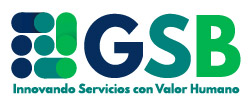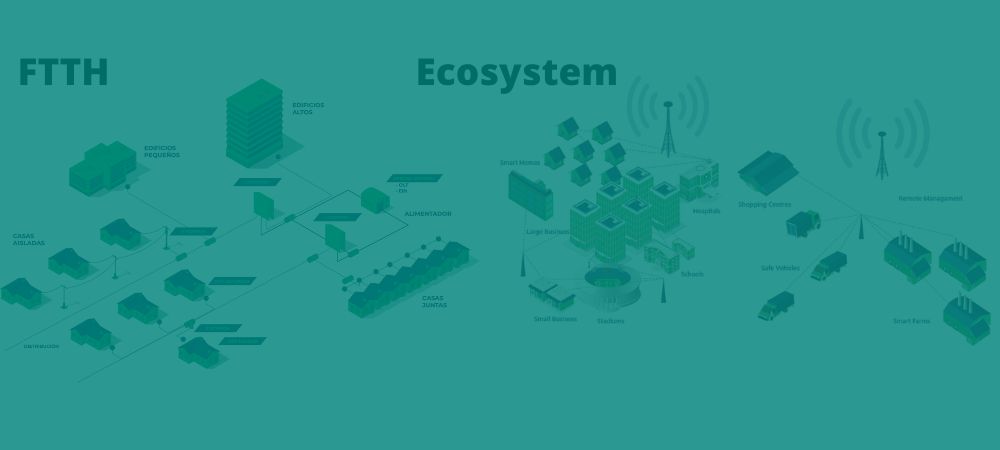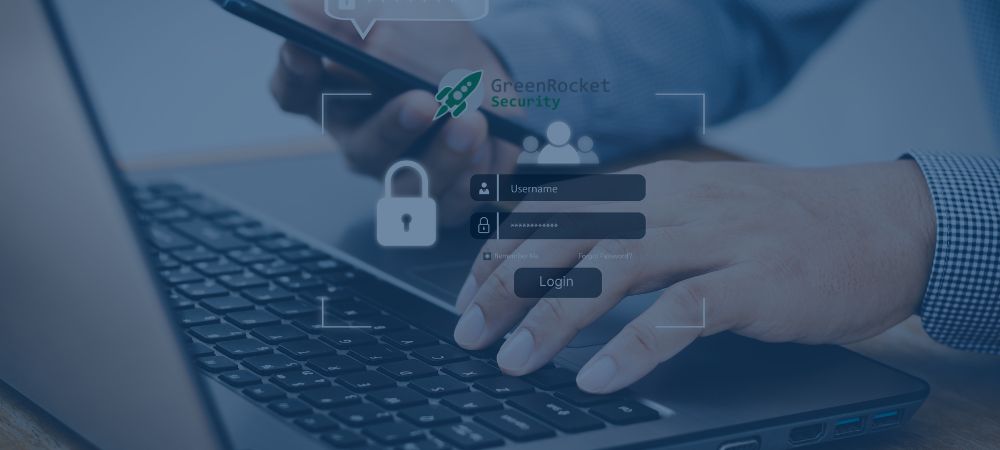By: Abril Mejías and Manuela Ramírez
Recruitment Support at GSB
 As time goes by and as we age, we are able to perceive more and more advances in technology, they gradually become more accessible. Below, we’ll discuss four technology trends that will impact 2019 and how they could eventually change the world of help desk management:
As time goes by and as we age, we are able to perceive more and more advances in technology, they gradually become more accessible. Below, we’ll discuss four technology trends that will impact 2019 and how they could eventually change the world of help desk management:
1 – Artificial Intelligence: it is a topic that has been known for several years, the combination of software, data and Artificial Intelligence seeks to simplify decision making and execution, it will be something that many companies will not hesitate to apply.
Where will we see these results? Mainly in the health, financial and IT sectors, among others. This technology does not seek to replace the human hand in the world, but to facilitate many processes and even to have a better quality of life.
Imagine the scenario: your computer has a problem, but instead of calling a “human” help desk, your computer will be connected to a network that will detect, do troubleshootingwill correct, configure and test automatically and in a matter of seconds, based on all accumulated and available knowledge about that type of equipment, as well as on the particular user’s registered and detected preferences.
2 – Bitcoin and Blockchain: The first is a digital currency, it is not the only one but it is the best known and arises in part from the idea of a global market, whose transactions are freer and are not affected by government taxes or bank commissions. The second is an accounting system that enables secure transactions by dispersing data in a chain of receivers and transmitters that makes it much more difficult to trace than if it were transferred end-to-end.
Together, the two technologies would facilitate charging and paying for services internationally, using a currency that has the same value and is usable by all; no more bank transfer fees or losses from converting to a national currency. All through secure transactions.
3 – Internet of Things(IoT): this technology is a great revolution in all areas, it implies that the vast majority of objects are connected to the Internet. The “things” will send and store information about how we are using them and at the same time share data between them, in order to personalize them and make it easier for us to use them through true interaction. The curious thing is that, into the Internet of Things, enters “a person with a heart monitor implant, a farm animal with a biochip transponder, a car that has built-in sensors to alert the driver when tire pressure is low, or any other natural or man-made object that can be assigned an IP address and given the ability to transfer data over a network.”[1]
In this case, Network services are the ones that will make this great leap, since it will no longer be just a matter of understanding and configuring a local network, but of making it work and interact within the global system with the rest of the surrounding objects.
4 – Biotechnology: another innovation that will be much talked about in 2019 is biotechnology. Refers to any technological application that uses biological systems and living organisms or their derivatives to create or modify products or processes for specific uses. With this technology it will be possible to do unimaginable things, challenging what was thought to be impossible, such as satisfying the world’s demand for food, fuel, animal nutrition, among others.
Who is to say that someday it will not be possible to generate food from stem cells or raw materials from elements that can be reproduced an infinite number of times? This will be an important and delicate task for technology professionals, since for the support of all biotechnological instruments there must not be a minimum of error, since the cost of this could be the life of a living being.
In this sense, where does that leave technical support as we know it now?
One thing is for sure: if technology is advancing so fast, so must the professionals in the field. If the most basic problems are to be solved by machines, technicians and engineers will have to be trained to support increasingly specialized hardware and software, while service management will have to open doors and adapt to increasingly innovative projects.
As long as machines are not perfect and self-improving, the human hand must remain behind to create, repair and improve.
Sources
-
Rouse, Margaret (01-2017) Internet of Things (IoT). TechTarget. Retrieved from https://searchdatacenter.techtarget.com/es/definicion/Internet-de-las-cosas-IoT
-
(14-02-2019) 7 technologies that will take 2019 by storm. InfoJobs. Retrieved from
https://orientacion-laboral.infojobs.net/nuevas-tecnologias-busqueda-empleo
-
(23-05-2019) Artificial intelligence. Wikipedia. Retrieved from
https://es.wikipedia.org/wiki/Inteligencia_artificial
-
What is Bitcoin (BTC). CryptoNews. Retrieved from
https://www.criptonoticias.com/criptopedia/que-es-bitcoin-btc/




